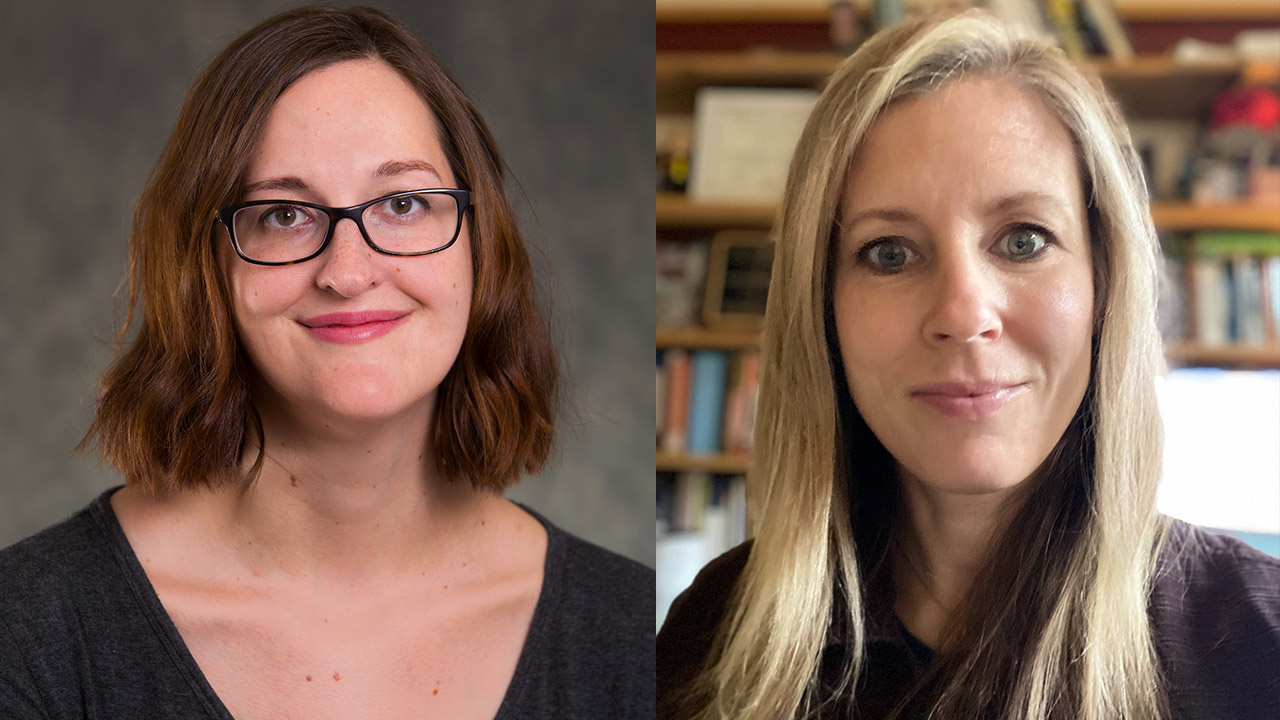
Dr. Amanda Tucker, professor of English and director of General Education at the University of Wisconsin-Platteville, and Dr. Katie Kalish, professor of English at UW-Platteville Baraboo Sauk County, and director of First-Year Writing, were awarded a planning grant from the Teagle Foundation and National Endowment for the Humanities to develop an integrated liberal arts certificate. The role of the grant is to revitalize humanities and to expose students to different areas of liberal arts by creating purposeful pathways of study within the general education program. The first version of the certificate will go through faculty governance this month, with the hope of it becoming a program students can opt into in the fall of 2022.
“We are really excited,” said Tucker. “The things we can do through this grant provide such a great learning opportunity for students both on the main campus and the branch campuses.”
“The grant will also serve general education, which for the branch campuses is important because it’s the bread and butter of what we do,” added Kalish. “This is a credential that can be embedded into the path students are already on. It doesn’t add any time to their degree. It’s a way of taking classes that are purposeful and will feel intentional.”
An integrated liberal arts certificate consists of two components. The first, according to Tucker, a gateway course that students would take in their freshman year, followed by a series of courses in a thematic cluster. Currently, Tucker and Kalish envision the gateway course to be College Writing, with it opening to other first year classes in the future.
“In that gateway course, students get to work in what the grant and Teagle Foundation call ‘transformative texts,’” said Tucker. “The texts ask students to grapple with challenges that are part of the human experience. In that type of course, there are a lot of community and relationship building. It’s helpful because the first year is a hard transition for a lot of students.”
Kalish notes how the grant creates a framework where students would have the experience of taking linked courses while making progress towards earning their certificate and degree – a benefit for those still discovering their areas of interest.
“A lot of students at the branch campuses are still figuring out their path and may have an interest in a thematic cluster. Some of our students might be looking at getting an associate degree,” said Kalish. “I love the transformative text format aspect of it. It’s an engaging course sequence. The gateway classes and the clusters are interesting and are going to connect things and help students see, understand and interact in the world in a richer way.”
As of now, the certificate program would offer two thematic clusters: environment and sustainability, and law and conflict resolution.
“Over the next couple years, our intention is to add more options for students in terms of the thematic clusters,” said Tucker. “In order for that to happen there will need to be course development in different areas.”
Tucker and Kalish are looking forward to seeing the integrated liberal arts certificate unfold. They acknowledge how the program would reach a large number of students and make the students’ experience in general education even more meaningful. They’re also appreciative of all their colleagues who have taken part in the planning grant project.
“Amanda and I have been fortunate to be working with wonderful people from across all three campuses,” said Kalish. “We have been working with folks from biology, philosophy, women’s studies, political science and civil engineering. We took the lead on writing the grant, but this is an effort created, built and conceptualized by the faculty across the three campuses, and because of that, it’s a rich and interesting program.”